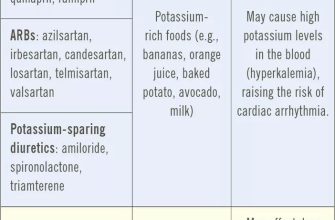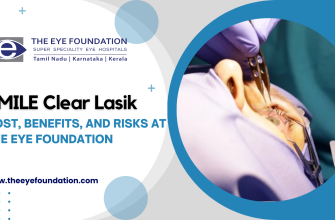Seek professional guidance. A psychiatrist or therapist can accurately diagnose your condition and recommend the best treatment plan. This involves a thorough assessment of your symptoms, medical history, and lifestyle.
Therapy Options
- Cognitive Behavioral Therapy (CBT): CBT helps you identify and change negative thought patterns and behaviors contributing to depression and anxiety. Studies show high success rates for many. Dialectical Behavior Therapy (DBT): DBT focuses on emotional regulation skills, particularly useful for individuals experiencing intense emotions or self-harm behaviors. Acceptance and Commitment Therapy (ACT): ACT encourages acceptance of difficult thoughts and feelings while focusing on living a meaningful life.
Therapy’s benefits extend beyond symptom reduction. Many find improved self-awareness and coping mechanisms, fostering long-term mental well-being.
Medication Options
Medication can be a valuable tool, often used alongside therapy. Antidepressants, such as selective serotonin reuptake inhibitors (SSRIs) and serotonin-norepinephrine reuptake inhibitors (SNRIs), are commonly prescribed. Anti-anxiety medications, like benzodiazepines, may be used for short-term relief. Your doctor will carefully consider your individual needs and potential side effects when selecting a medication.
Lifestyle Changes
Regular Exercise: Aim for at least 30 minutes of moderate-intensity exercise most days of the week. Physical activity releases endorphins, which have mood-boosting effects. Healthy Diet: Nourish your body with a balanced diet rich in fruits, vegetables, and whole grains. Limit processed foods, sugar, and caffeine. Sufficient Sleep: Aim for 7-9 hours of quality sleep per night. Establish a regular sleep schedule and create a relaxing bedtime routine. Mindfulness and Relaxation Techniques: Practice mindfulness meditation, deep breathing exercises, or yoga to manage stress and improve mental clarity. Many free apps offer guided practices.
Finding Support
Connecting with support groups or joining online communities can provide valuable peer support and reduce feelings of isolation. Remember that seeking help is a sign of strength, not weakness.
Ongoing Monitoring
Regular check-ups with your healthcare provider are crucial to monitor treatment progress and adjust medication or therapy as needed. Open communication with your doctor is essential for optimal outcomes.








